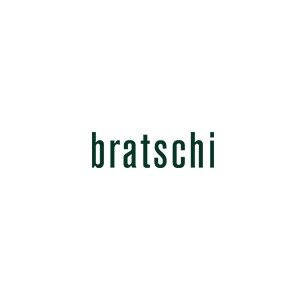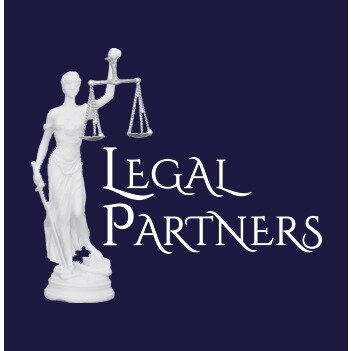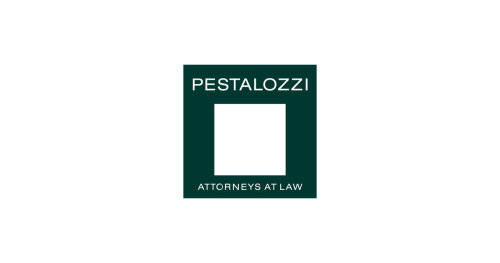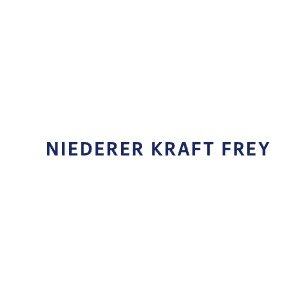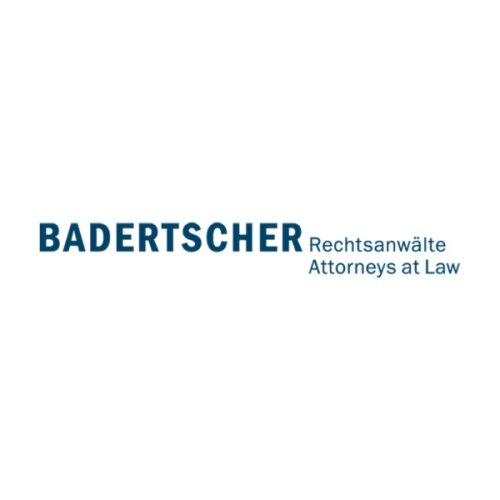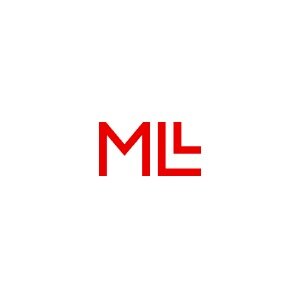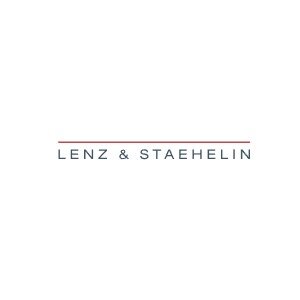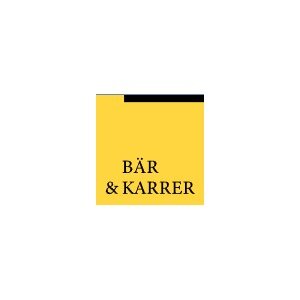Best Water Law Lawyers in Zurich
Share your needs with us, get contacted by law firms.
Free. Takes 2 min.
List of the best lawyers in Zurich, Switzerland
About Water Law in Zurich, Switzerland
Water Law in Zurich, Switzerland, refers to the set of legal norms, regulations, and principles that govern the ownership, use, management, protection, and regulation of water resources in the Canton of Zurich. As a region rich in rivers, lakes, and groundwater, Zurich has established detailed laws to ensure the sustainable use of water resources, protect ecological systems, address pollution, and resolve conflicts among water users. Water Law covers public and private rights related to surface water, groundwater, drinking water supply, wastewater disposal, flood protection, and watercourse maintenance. The aim is to balance the competing needs of agriculture, industry, municipalities, and the environment while ensuring public health and safety.
Why You May Need a Lawyer
Legal issues involving water can be complex and varied. Here are common situations where people may require legal help with Water Law in Zurich:
- Resolving disputes over water usage rights among neighbors, businesses, or agricultural enterprises
- Challenging administrative decisions regarding water permits or access rights
- Dealing with contamination, pollution, or environmental damage claims affecting water sources
- Navigating regulations on constructing near lakes, rivers, or in protected catchment areas
- Handling compliance with wastewater discharge rules or facing enforcement actions
- Participating in infrastructure projects impacting waterways or public access
- Addressing issues related to flood protection measures or damage compensation claims
- Ensuring compliance with water protection zones when purchasing property
In such scenarios, a lawyer with specialized knowledge of Water Law can provide crucial guidance, represent your interests before authorities or courts, and support you in regulatory or contractual matters.
Local Laws Overview
Water Law in Zurich is primarily governed by cantonal legislations, supplemented by federal laws and municipal regulations. Key aspects include:
- Water Rights: Water resources are considered public property, but specific user rights may be granted through permits or concessions by authorities.
- Permitting System: Utilizing water for drinking, irrigation, industrial, or hydropower purposes generally requires formal approval.
- Pollution Control: Strict standards are enforced to prevent contamination of surface water and groundwater from industrial, agricultural, or municipal sources.
- Water Protection Zones: Special protected zones may restrict land use to safeguard drinking water quality and public health.
- Wastewater Treatment: Property owners are obliged to dispose of wastewater properly, generally by connecting to communal or regional treatment facilities.
- Construction Restrictions: Building within a defined perimeter of water bodies may be subject to additional permits or environmental assessments.
- Flood and Erosion Prevention: Landowners and municipalities must take preventative measures and comply with plans to mitigate flood risks and protect watercourses.
- Public Participation: The law provides mechanisms for individuals and interest groups to participate in planning and decision-making processes affecting water resources.
Understanding and navigating these regulations requires not only knowledge of the law but also familiarity with the procedures and relevant municipal or cantonal authorities.
Frequently Asked Questions
What government authority manages water resources in Zurich?
The Office for Waste, Water, Energy, and Air (AWEL) is the main cantonal authority responsible for water management, permits, and enforcement in Zurich.
Do I need a permit to use water from a river or lake on my property?
Yes, any significant extraction or use of water from public bodies such as rivers, lakes, or streams requires a permit from the canton or relevant authority.
How can I find out if my land is in a water protection zone?
You can obtain this information from the municipal commune or consult with the cantonal maps and the AWEL. Legal restrictions may apply if your land is within such a zone.
What are my responsibilities for wastewater disposal?
Property owners must ensure wastewater is properly collected and treated by connecting to an authorized public sewer system unless special permission is granted for a private solution.
Can I build near a lake or river?
Construction near water bodies is subject to strict rules. You need to check setback requirements and may be required to obtain environmental impact assessments and special permits.
What should I do if my drinking water is contaminated?
Report the issue immediately to your water supplier and the local authorities. You may also have legal options for compensation or corrective action depending on the cause of contamination.
Are private wells regulated?
Yes, drilling or operating a private well generally requires approval from the cantonal authorities to prevent overuse, contamination, and conflicts with nearby users.
How do I resolve a dispute with a neighbor over water drainage?
Such disputes may be handled through negotiation, mediation, or legal action. Consulting a lawyer familiar with Water Law can help clarify rights and obligations.
What penalties exist for violating Water Law regulations?
Penalties can include administrative fines, orders to stop unauthorized activities, mandates to restore damaged areas, and, in severe cases, criminal charges.
Can I participate in decisions affecting water management in my municipality?
Yes, the law allows individuals, interest groups, and communities to participate in public consultations and appeal certain decisions. Procedures vary depending on the issue.
Additional Resources
Individuals seeking information or assistance with Water Law in Zurich can consult the following resources:
- Canton Zurich Office for Waste, Water, Energy, and Air (AWEL): Provides information on permits, regulations, and public notices related to water management
- Municipal Environmental Departments: For local regulations, zoning, and construction permits
- Swiss Federal Office for the Environment (FOEN): For nationwide regulations and policy updates
- Zurich Bar Association: For locating qualified lawyers specializing in Water Law
- Consumer Protection Zurich: For public advice and support in environmental and municipal law matters
- Environmental NGOs: For advocacy and support in environmental protection and public participation
Some of these bodies can provide general guidance, but legal advice should be sought from licensed attorneys.
Next Steps
If you need assistance with Water Law in Zurich, consider the following steps:
- Clearly define your issue or concern and gather any relevant documents, permits, or communications
- Contact the appropriate cantonal or municipal authority for initial guidance or clarification
- If you face a complex, contentious, or high-value matter, seek legal counsel from a licensed lawyer with Water Law experience
- Request a consultation to discuss your legal options, possible solutions, and estimated costs
- If necessary, engage your lawyer to represent you in negotiations, administrative procedures, or court matters
- Stay informed about your obligations and rights related to water use, protection, and development in your jurisdiction
Taking timely and informed action can help you effectively protect your interests and comply with Swiss Water Law.
Lawzana helps you find the best lawyers and law firms in Zurich through a curated and pre-screened list of qualified legal professionals. Our platform offers rankings and detailed profiles of attorneys and law firms, allowing you to compare based on practice areas, including Water Law, experience, and client feedback.
Each profile includes a description of the firm's areas of practice, client reviews, team members and partners, year of establishment, spoken languages, office locations, contact information, social media presence, and any published articles or resources. Most firms on our platform speak English and are experienced in both local and international legal matters.
Get a quote from top-rated law firms in Zurich, Switzerland — quickly, securely, and without unnecessary hassle.
Disclaimer:
The information provided on this page is for general informational purposes only and does not constitute legal advice. While we strive to ensure the accuracy and relevance of the content, legal information may change over time, and interpretations of the law can vary. You should always consult with a qualified legal professional for advice specific to your situation.
We disclaim all liability for actions taken or not taken based on the content of this page. If you believe any information is incorrect or outdated, please contact us, and we will review and update it where appropriate.




